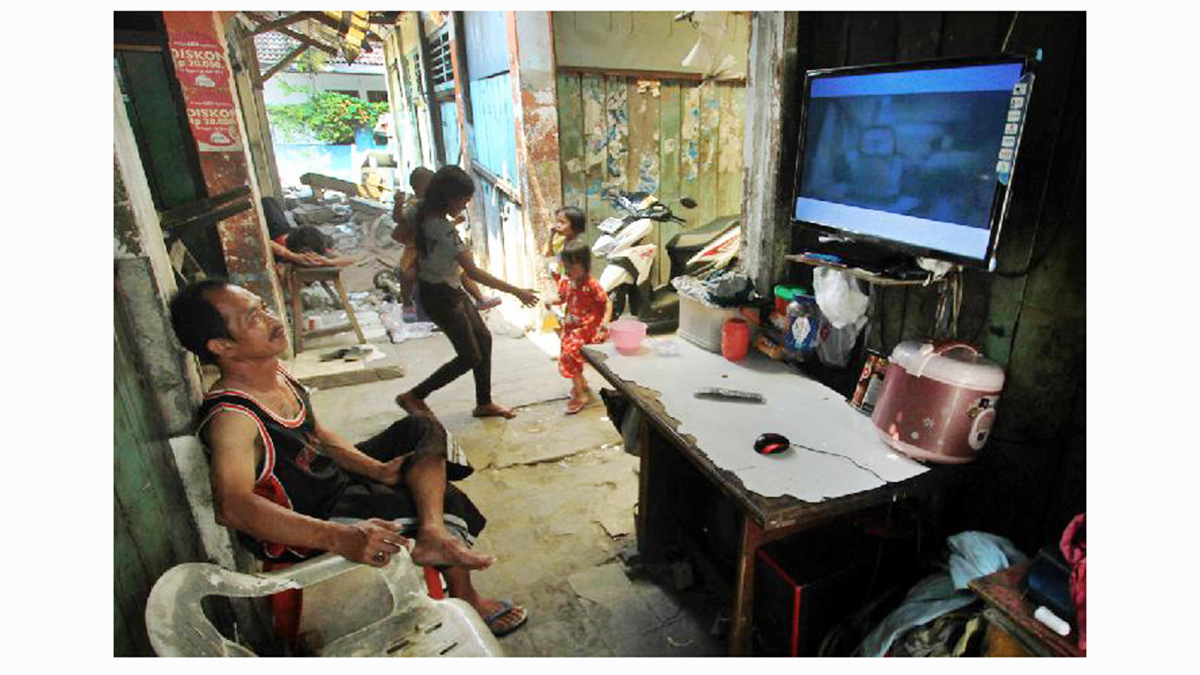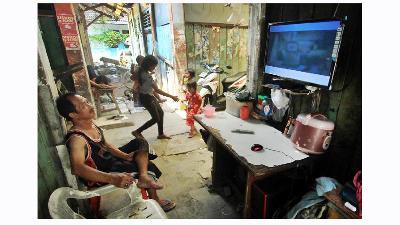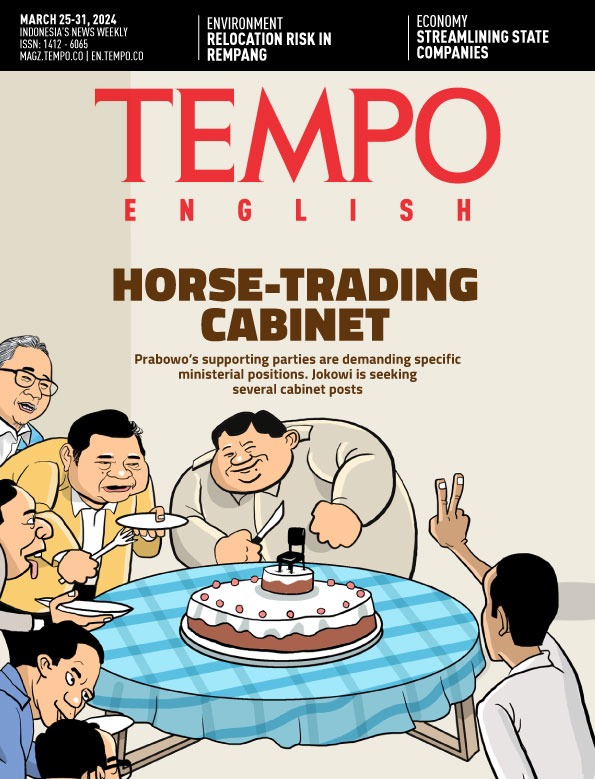Ulema Interference in Broadcasting Content
Monday, April 5, 2021
The ban to broadcast LGBT content is considered to be discriminative. The big hand of the Indonesia Ulema Council (MUI) is involved.
arsip tempo : 171349157147.

- THE circular letter from the Indonesian Broadcasting Commission (KPI) issued on March 17 put JTV Chief Editor Abdul Rokhim in a quandary. One of the items cited in the three-page circular prohibits broadcasting institutions to broadcast shows with lesbian, gay, bisexual, and transgender (LGBT) content throughout the fasting month of Ramadan. Rokhim decided to cut out their ludruk show, a popular East Javanese traditional dance-drama theate

Subscribe to continue reading.
We craft news with stories.
 For the benefits of subscribing to Digital Tempo, See More
For the benefits of subscribing to Digital Tempo, See More












